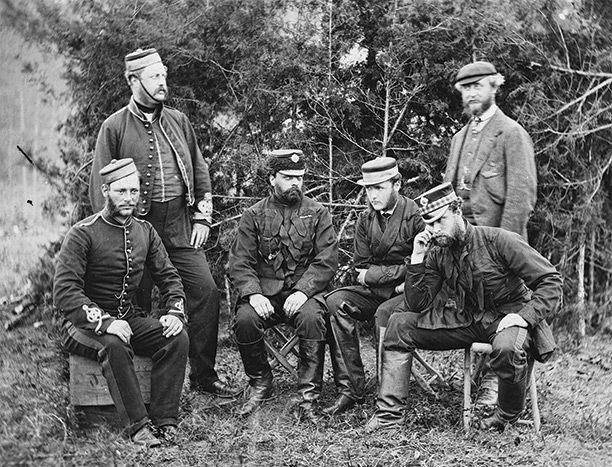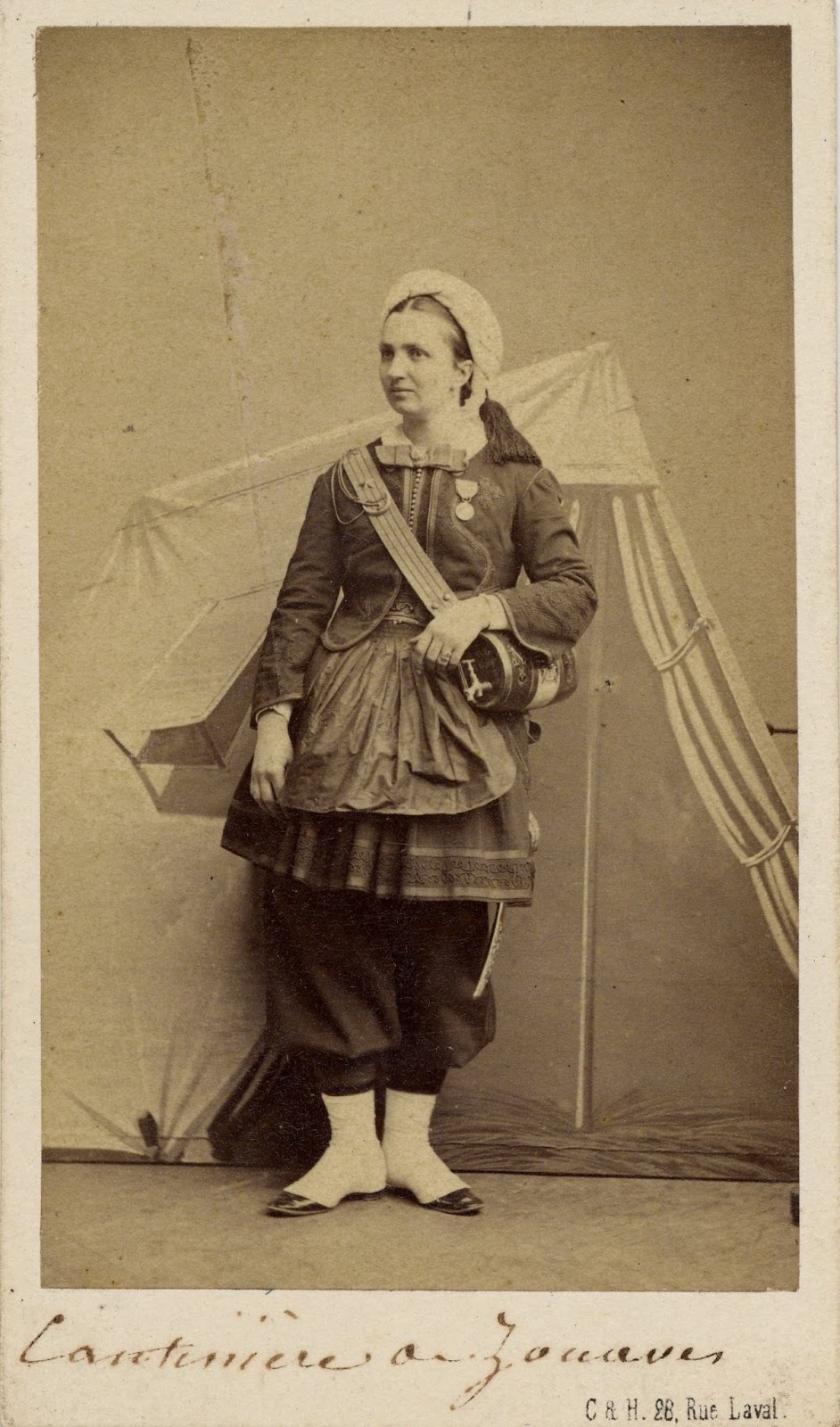I tend to just say "he said" or "she told him" when I'm relaying a story verbally, because the important part of the story is what was said, not finding a verb to express how the said was said. I might say "he balled" rather than "he said while balling." The prior might be more succinct or a better punch line. I can't imagine I'd ever say "he proclaimed" unless I was standing around in the 1600s reading a decree. My advice is to imagine someone is sitting there listening to you as you tell your story. If they raise a brow when you said "he acquiesced" and say "REALLY, DEAR WRITER? HE ACQUIESCED?" that part probably doesn't work. If it works, it just might be your voice. Experiment!
I think "fashion" or "expectation" is a better way to look at the current writing conventions than "rules." The literary fashion back in the 1800s (in England, at least, which is what I've read, hello Victorian novels) was a long, sprawling opening before the action begins. The fashion now seems to be (with a nod to Gacela's point about cinema) something more sudden and visual.
I think when a publisher lists things like "make all your dialogue tags the same," they are listing a rule for their company based on what is fashionable or conventional -- meaning what they've found will sell. They are thinking monetarily (fairly enough), while I believe, for the most part, we writers are thinking more creatively. The word "rule" will throw off any independent thinker. "Writing rule" implies there is a certain law about writing that one must master, no questions asked, if one is to succeed. Immediately the independent thinker wants to know where the rule came from, and why. Not necessarily to break the rule -- but to understand it.
There ARE rules (accepted conventions) within language (depending on what one is communicating -- example a legal document, we must try to understand one another), but ART questions the rules and challenges the fashion and transforms thinking.
A publisher's rules are not writing rules. They're that publisher's set of guidelines, likely based on what they have found sells well.
Literature has no definitive rules. If it did, James Joyce would have self-combusted, and English-speakers would still be saying "thou" rather than "you" in long epic poetry written on scrolls. Literature is no more a rule than music, & yet one can break music into its notes and find structure, & that structure describes the music's essence. When people put out "rules," they're trying to describe this essence within successful literature. They're saying, "Look, I can't stand a story peppered with lots of ridiculous dialogue tags that distract me from the story. Successful books tend to have dialogue with substance. Clever dialogue tags aren't necessary when you have good dialogue with substance. Dialogue tags beyond said are a red flag that the story lacks substance. The cure isn't to bandage the bad writing with a thesaurus full of dialogue tags: it's to make a better story." But instead of explaining this dissection process, they do the human thing: they make a decree and announce that all books with clunky dialogue tags have it wrong. And that is translated into a "writing rule" and passed through the grapevine. THINK IT THROUGH.
"Said" tends to hide itself within a manuscript because of the monotony of repetition. So when you use a different tag for emphasis within the same manuscript, that moment will stand out because you're breaking the established pattern. New writers tend to think using a creative dialogue tag for the sake of the word itself makes a manuscript original. My advice would be to think about each occasion when you change it up and ask yourself what the change accomplishes. Not because "YOU MUST USE SAID AND ONLY SAID" is a legitimate rule, but because it's an expectation. You can play with expectation. If it's worth it, change it. You should always be thinking as you write -- always asking what this or that technique might do for the reader. The reader (in America at least) expects "said." Does challenging that expectation do anything for the story?
I had a professor last year who insisted every case of the verb "to be" must be (ha!) deleted from essays submitted to him on pain of red pen. He lectured us about "to be" almost every day. One day he brought it up again and said, "I know you're all tired of me harping on 'to be.' I was recently told by a student that I should relax about it. It's a real verb, and it's silly to outlaw it from papers altogether. To that I say, 'Yes, it is a real verb. I don't like it. I don't like that students rely upon it rather than exercising their brains enough to think of a more active verb. I want you to think. I am grading your paper. Whether you like it or not, I'm going to mark your paper with my red pen if I see any form of "to be" anywhere in your paper. Even if your paper is otherwise brilliant.'"
If Moonshine Cove Publishing doesn't like dialogue tags beyond "said," it's probably good form not to submit a manuscript filled with dialogue tags beyond "said" to Moonshine Cove Publishing.






